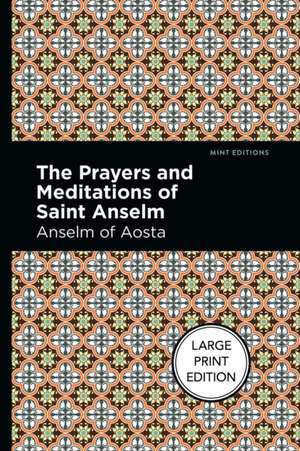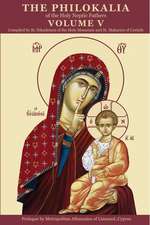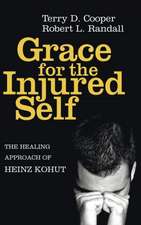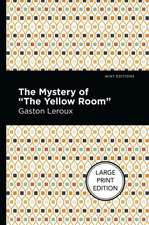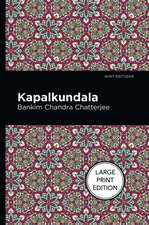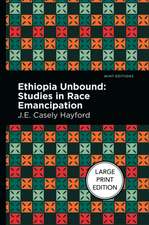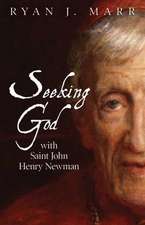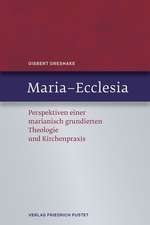The Prayers and Meditations of St. Anslem
Autor Anselm Of Aostaen Limba Engleză Paperback – 30 aug 2022
| Toate formatele și edițiile | Preț | Express |
|---|---|---|
| Paperback (2) | 50.65 lei 3-5 săpt. | |
| Mint Editions – apr 2021 | 50.65 lei 3-5 săpt. | |
| Mint Editions – 30 aug 2022 | 153.43 lei 3-5 săpt. | |
| Hardback (1) | 95.18 lei 3-5 săpt. | +12.31 lei 4-10 zile |
| Mint Editions – iun 2021 | 95.18 lei 3-5 săpt. | +12.31 lei 4-10 zile |
Preț: 153.43 lei
Nou
Puncte Express: 230
Preț estimativ în valută:
29.37€ • 31.91$ • 24.69£
29.37€ • 31.91$ • 24.69£
Carte disponibilă
Livrare economică 01-15 aprilie
Preluare comenzi: 021 569.72.76
Specificații
ISBN-13: 9781513137230
ISBN-10: 1513137239
Pagini: 410
Dimensiuni: 152 x 229 x 24 mm
Greutate: 0.66 kg
Ediția:Text mare
Editura: Mint Editions
ISBN-10: 1513137239
Pagini: 410
Dimensiuni: 152 x 229 x 24 mm
Greutate: 0.66 kg
Ediția:Text mare
Editura: Mint Editions
Notă biografică
Anselm of Aosta (1033-1109) was an Italian monk, philosopher, and theologian who served as Archbishop of Canterbury between 1093 and 1109. Born in Aosta, a city now located in the Republic of Italy, Anselm was raised in a family of Lombard nobles. At 23, having been denied in his wish to enter a monastery, he set off through the Alps on foot to wander across Burgundy and France. In 1059, he arrived in Normandy and, following the death of his father, entered the Benedictine order at age 27. In 1078, he was named Abbot of Bec and began his mission to turn the Abbey into Europe's leading institution for learning. During this time, he composed some of his most influential works on theology, focusing on such topics as truth, free will, Trinitarianism, and the fall of Satan. Following the Norman Conquest of 1066, Anselm was given control of extensive properties in England, the management of which required him to make frequent journeys across the Channel. Anselm was named Archbishop of Canterbury in 1093 and became a fierce advocate for reform in the Church. Noted for his opposition to the English crown, he was exiled twice for several years at a time and spent the final years of his life attempting to establish the dominance of his office over the bishops of York and Wales.
